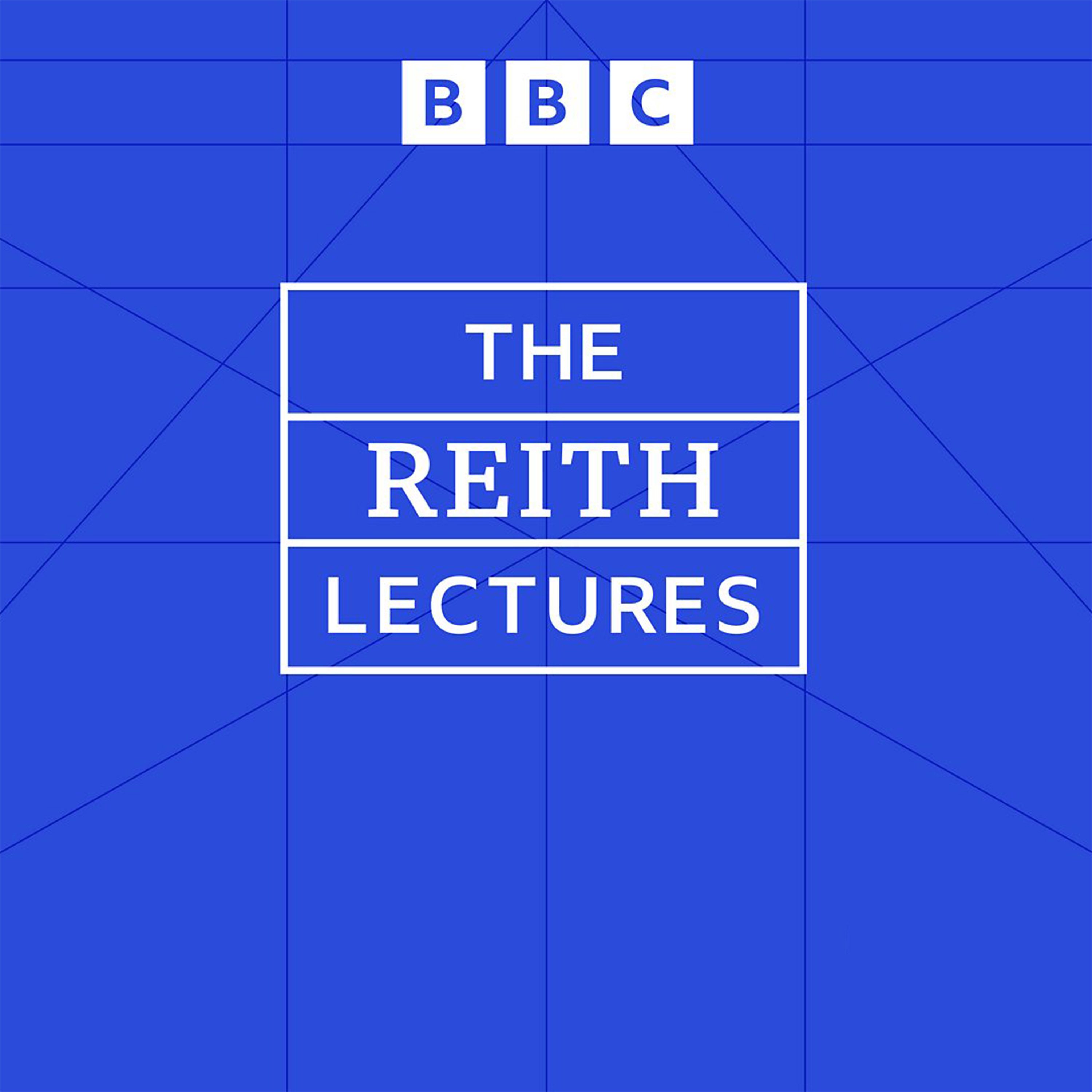

The Reith Lectures
BBC Radio 4
Significant international thinkers deliver the BBC's flagship annual lecture series
Episodes
Mentioned books

Dec 27, 1987 • 28min
Stand Up and Be Misunderstood
English composer Alexander Goehr gives his sixth Reith Lecture from the series entitled 'The Survival of the Symphony'. In this lecture entitled 'Stand Up and Be Misunderstood', he concludes his series by stressing why musicians and the public alike should fight to renew the symphony. Extolling it as the greatest and yet most often rejected musical institution. Professor Goehr warns that the 'neglect of established cultural institutions can only further contribute to the neglect of city centres'. Will anyone hear his warning and save the symphony?

Dec 16, 1987 • 27min
Let the People Sing
English composer Alexander Goehr gives his fifth Reith Lecture from the series entitled 'The Survival of the Symphony'. In this lecture entitled 'Let the People Sing', Professor Goehr looks at modern composers who aim to break down the barriers between the audience, the performer and the composer. This fracture allows for composers to create a 'community' of music, but can composers adequately fulfil a social ideal and produce enduring works of art?

Dec 9, 1987 • 29min
A Licence for Licence
Once an iconoclastic force, the avant-garde is now comfortably absorbed into modem society. These are the sentiments of English composer Professor Alexander Goehr in his fourth Reith Lecture entitled 'A Licence for Licence'.Speaking in his series 'The Survival of the Symphony', Professor Alexander Goehr warns of the creative death such acceptance can bring. Avant-garde is supposed to be nonconformist, modern and experimental but how can it be these things when the modern listeners find it educational and acceptable?

Dec 2, 1987 • 29min
Past and Present
Professor of Music at the University of Cambridge and English composer Alexander Goehr gives his third Reith Lecture from his series 'The Survival of the Symphony'. He diagnoses the stifling and possibly fatal pressures of contemporary music-making.In this lecture entitled 'Past and Present', Alexander Goehr explains that despite the near ubiquity of music, there is a drastic shortage of major new works available in the concert halls. He explores how tradition and innovation, previously necessary in forming new music, do not always create what the public are demanding.

Nov 25, 1987 • 28min
An Orchid In the Field of Technology
Professor of Music at the University of Cambridge and English composer Alexander Goehr gives his second Reith Lecture from the series 'The Survival of the Symphony'. He examines the effect of recorded sound on our perception of music. In this lecture entitled 'An Orchid in the Land of Technology', Professor Alexander Goehr asks whether a recording devalues the original performance. He explores how recorded performances are changing the way people listen to music.

Nov 18, 1987 • 29min
The Old Warhorse
This year's lecturer is Professor of Music at the University of Cambridge Alexander Goehr. An English composer, his compositions, such as Psalm IV and The Deluge, have established him as an inspirational music creator. In his Reith Lecture series entitled 'The Survival of the Symphony', he explores what musicians have done to music. In this lecture entitled 'The Old Warhorse', Alexander Goehr traces the importance of the symphony and its apparent fall from grace in the 20th century. He argues that despite many modern composers and performers being dissatisfied by the symphony, no one has been able to replace its richness and diversity.

Dec 10, 1986 • 29min
Lions Under the Throne
Serving Judge Lord McCluskey gives his sixth Reith lecture from the series entitled 'Law, Justice and Democracy'. In his sixth and final Reith Lecture entitled 'Lions under the Throne', Lord McCluskey concludes his argument for separating law and justice. He argues that the functions of making the law and the function of applying it should not be held by the same people. He suggests some swift, sure and cheap measures that he believes would create a better justice system.

Dec 3, 1986 • 30min
An Enormous Power
Serving Judge Lord McCluskey gives his fifth Reith lecture from the series entitled 'Law, Justice and Democracy'. In this lecture entitled 'An Enormous Power', Lord McCluskey debates the essential constitutional difference between the British and American higher judicial systems. Debating the merits and flaws of both systems, Lord McCluskey argues against the enactment of a Bill of Rights in the United Kingdom.

Nov 26, 1986 • 29min
Trusting the Judges
Serving Judge Lord McCluskey gives his fourth Reith lecture from his series entitled 'Law, Justice and Democracy'. In this lecture, Lord McCluskey counters Lord Denning's exhortation of 'trust the judges' and argues instead for a simplification of the law. He argues that there should be predictable outcomes because the method of adjudication ought, as far as possible, to be the relatively mechanical process. It should apply a precise set of unambiguous rules to the facts and not take a wide-ranging philosophical approach.

Nov 19, 1986 • 29min
Hard Cases and Bad Law
Serving Judge Lord McCluskey gives his third Reith lecture from the series entitled 'Law, Justice and Democracy'.In this lecture entitled 'Hard Cases and Bad Law', Lord McCluskey argues that Parliament, not the judiciary, must have ultimate responsibility for legislation. He argues that they must not abdicate the making of policy choices to "a body of elderly men".


